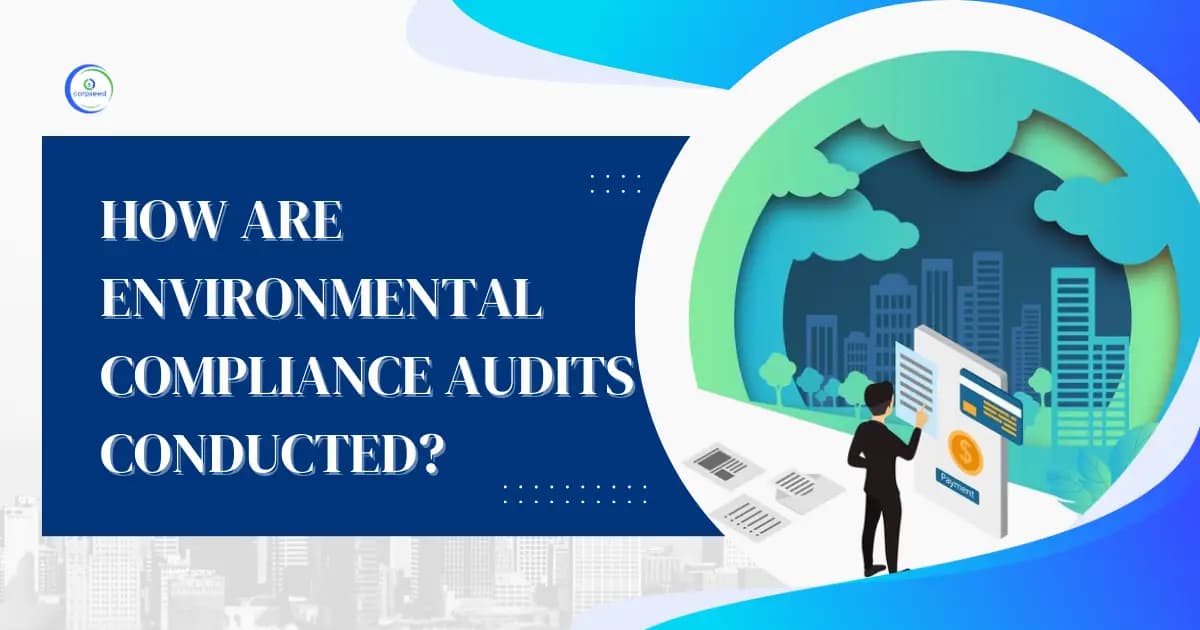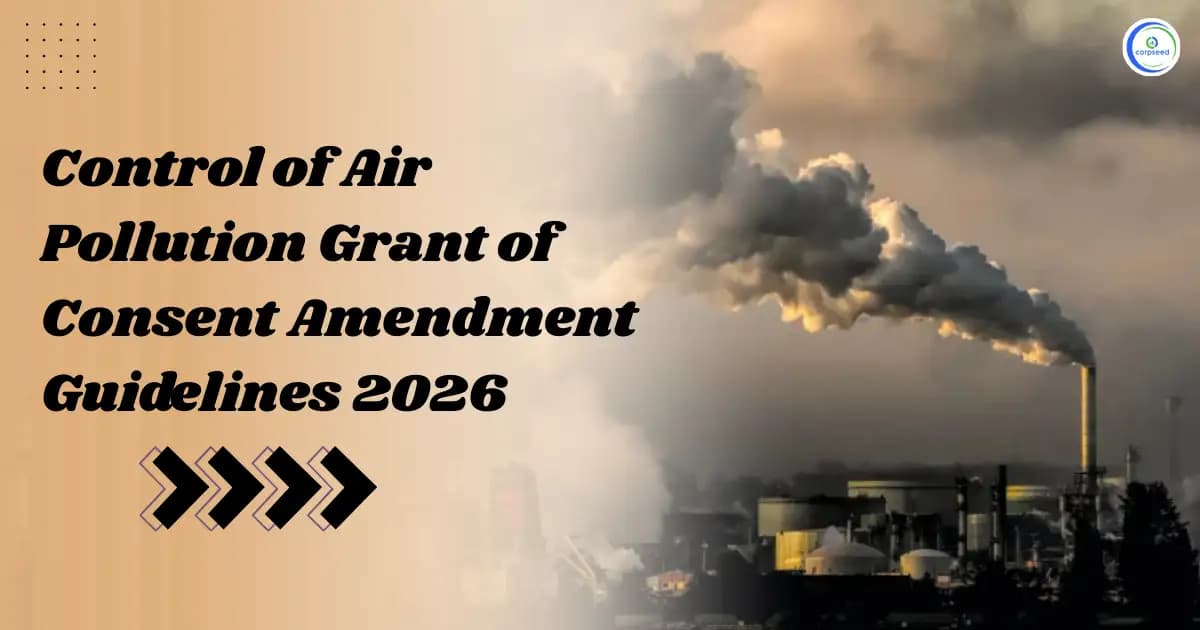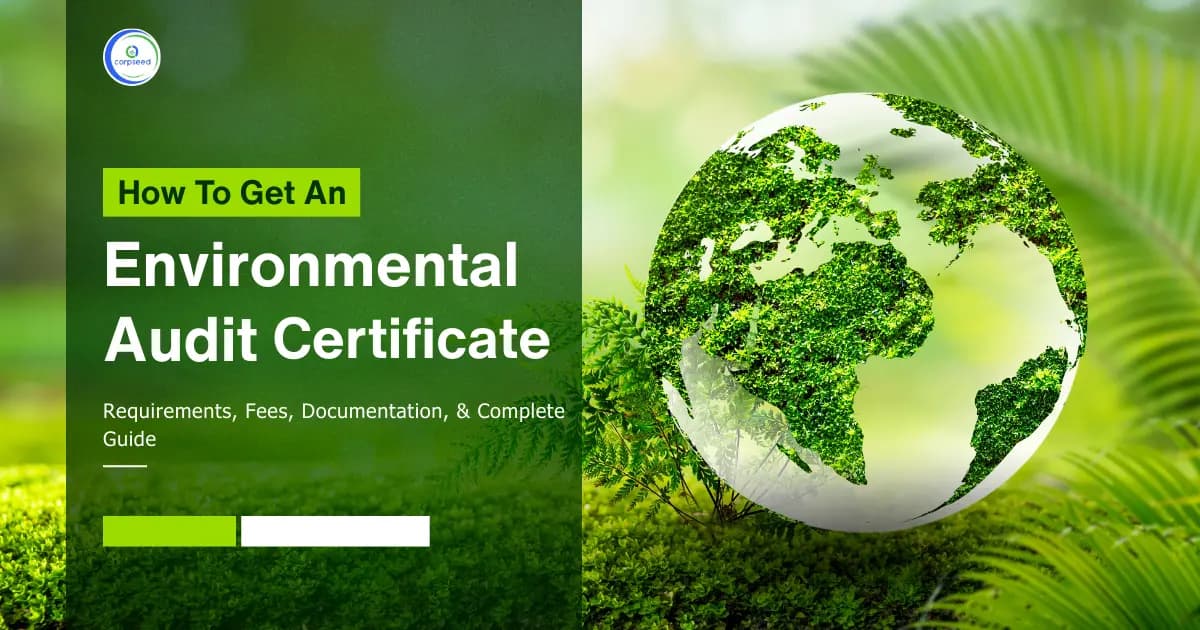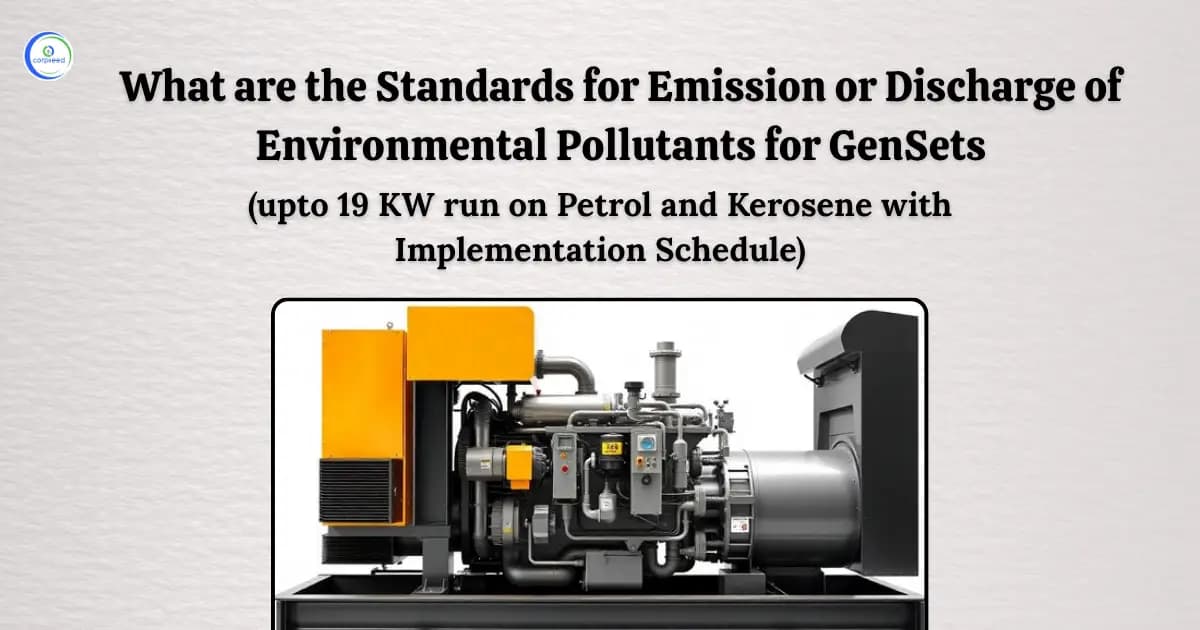
Loading...

An Environmental Compliance Audit is a systematic evaluation of an organization’s adherence to environmental laws and regulations.
About the Author

Parul Bohral, a BALLB graduate and experienced legal researcher and content writer with expertise in various legal areas, including corporate law and intellectual property. I have gained valuable experience in esteemed legal environments, where I have strengthened my research skills, allowing me to approach legal writing with precision and depth.
As a legal content writer, I am committed to delivering work that not only informs but also engages readers. By staying informed about the latest trends in content marketing and regulatory developments, I ensure that my writing remains sophisticated and meets industry standards. My dedication to thorough research enables me to craft content that is both insightful and impactful.
Related articles
.webp&w=1536&q=75)
What is Environment Protection License?
2026-02-13

Control of Air Pollution Grant of Consent Amendment Guidelines 2026
2026-02-05

How To Get An Environmental Audit Certificate: Requirements, Fees, Documentation, & Complete Guide
2026-01-05

What are the Standards for Emission or Discharge of Environmental Pollutants for GenSets (upto 19 KW run on Petrol and Kerosene with Implementation Schedule)
2025-05-29

What are the SO2 and NOx Standards for Reheating Furnace Industry?
2025-05-15

What are the SO2 and NOx Standards for Lime Kiln Industry?
2025-05-12
Delhi Legal Metrology (Enforcement) Amendment Rules, 2026
2026-02-24 • 0 views
2023-02-27
2026-02-25